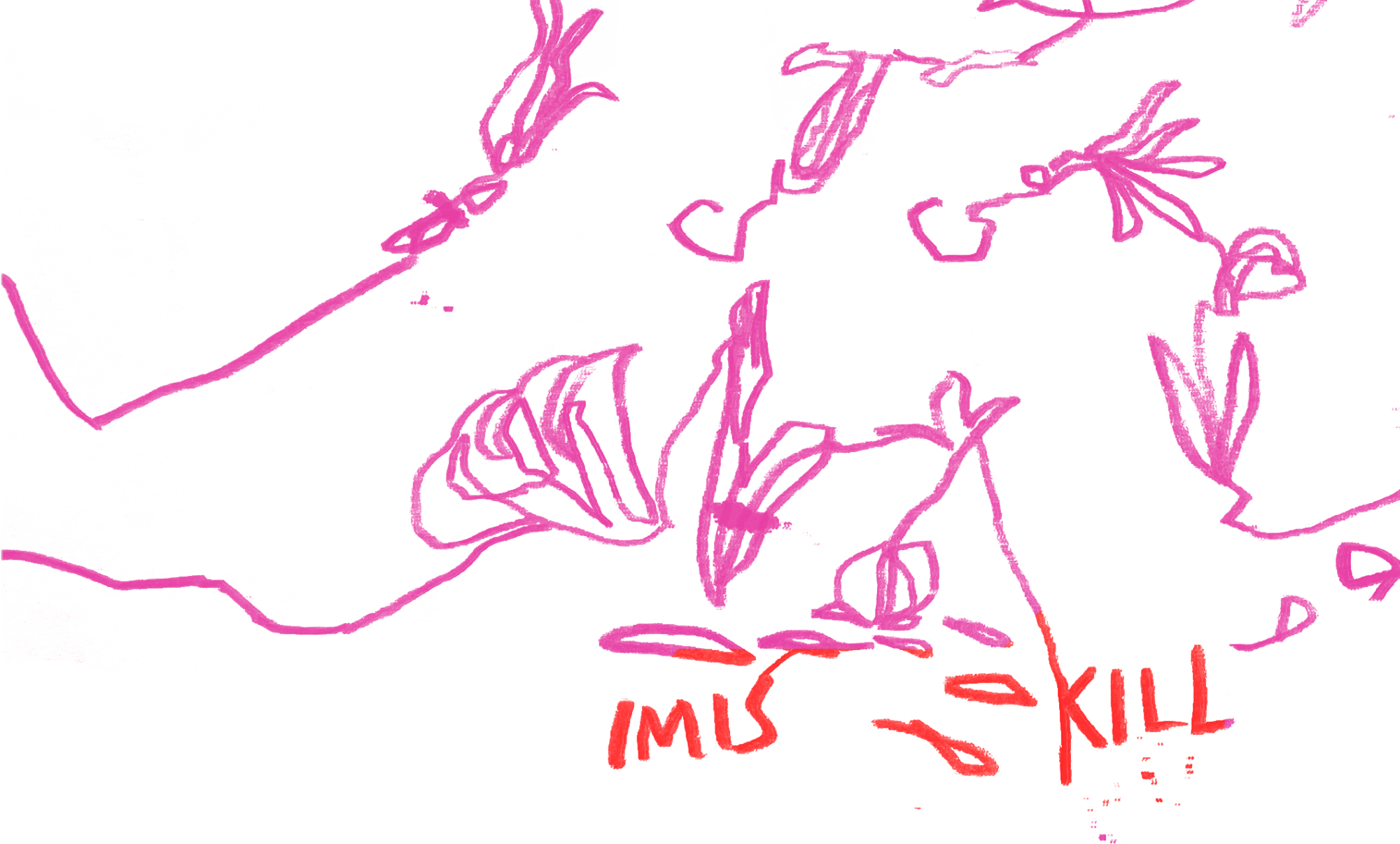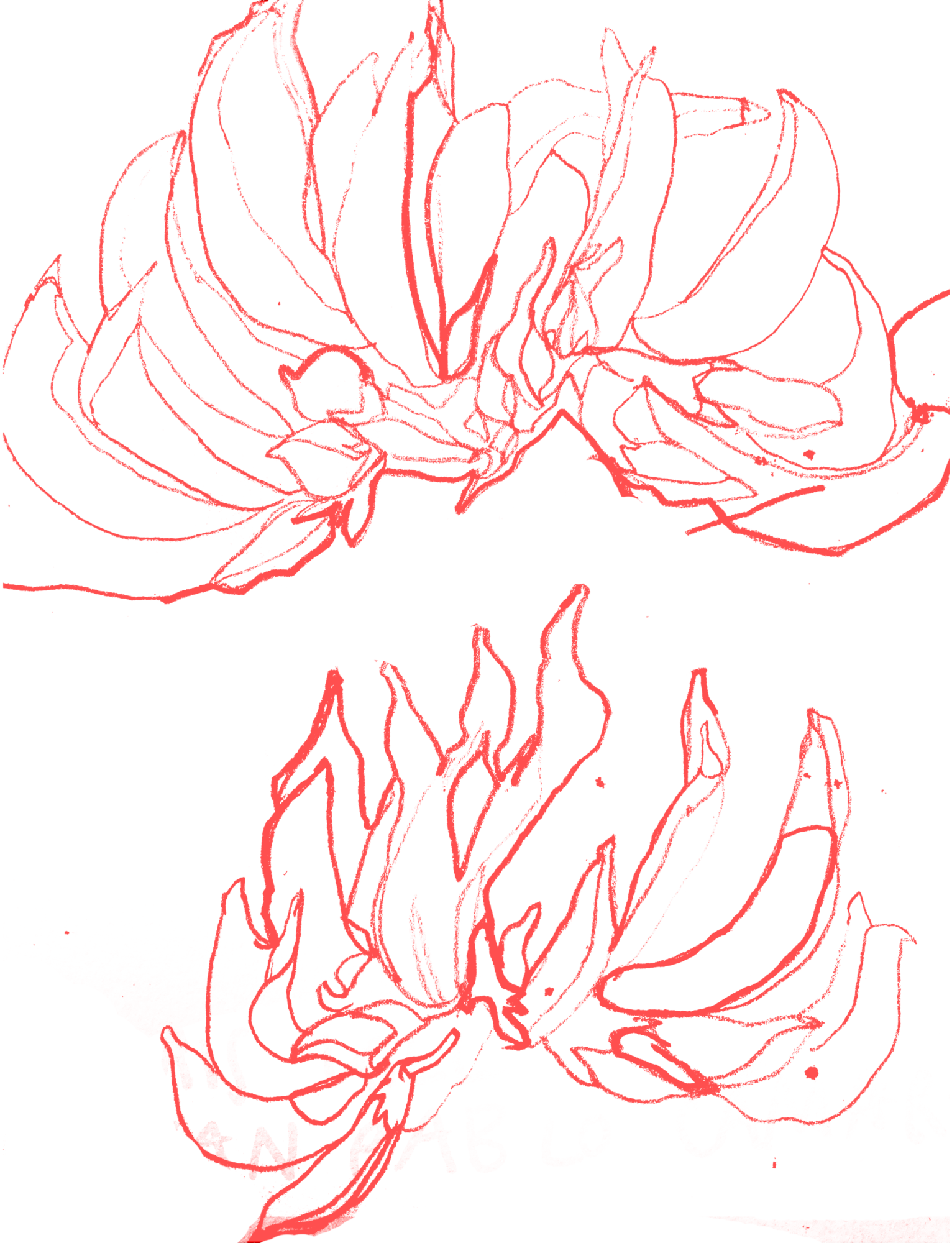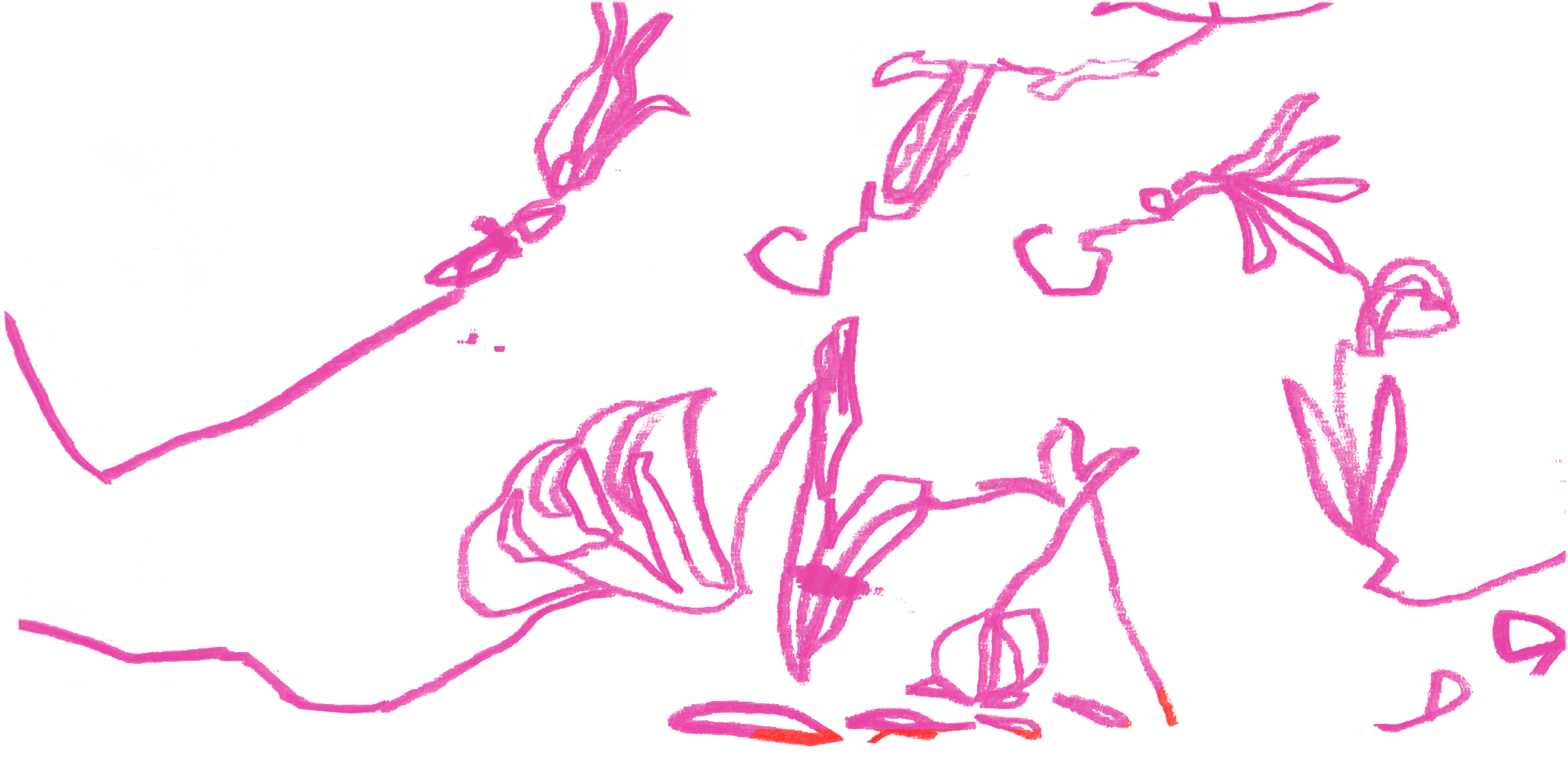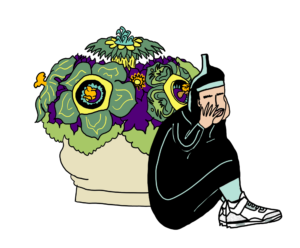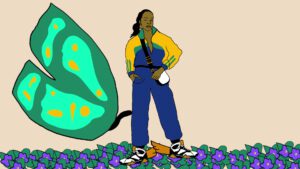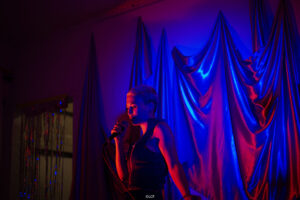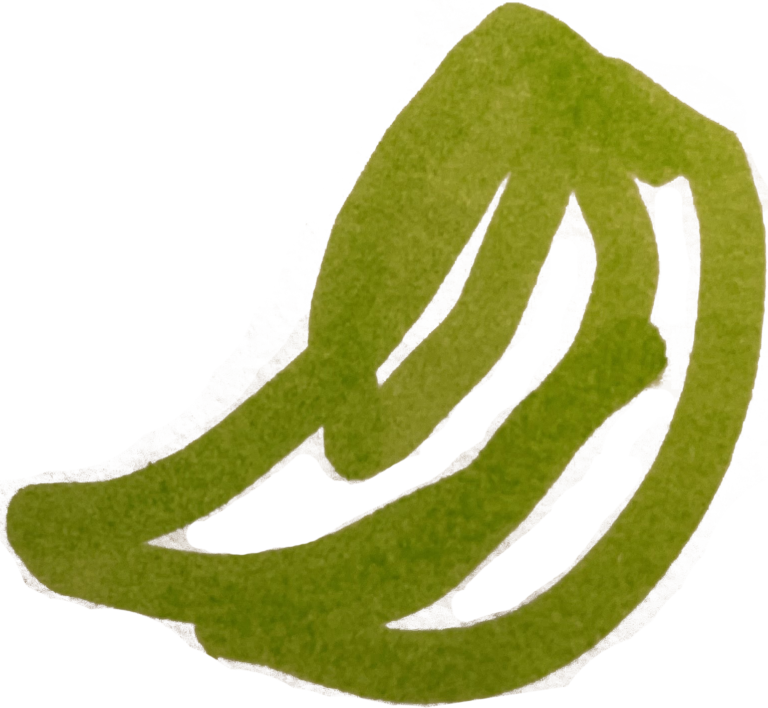
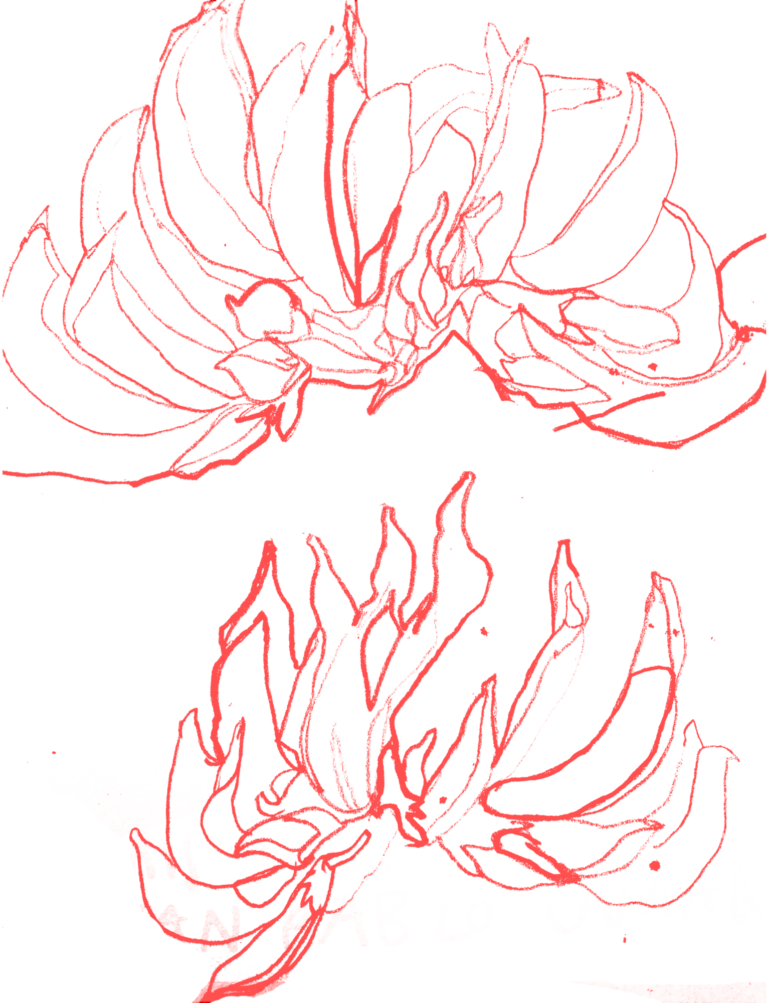
Presenting their music set and video animation
13.04 (music set) at 22.00 / 13.04 ─ 15.04 (ongoing video animation) // FREE
~music set


Neither Jay-Z nor Larousso, Imis Kill writes more bars than text messages and slides into your heart like the flame emoji in your DMs.
On melancholic RnB or atmospheric trap, their romantic-politic lyrics remind you that your ex is still using your Netflix account and that the government tells you as much truth as a 90’s fashion spread.
Their rap will soften you like the sugar in the tomato sauce, while making you stronger than a Nokia 3310.
Fasten your strap-on, and let’s go into queer utopia! For their set, they’ll be accompagnied by dj Gem&I.

~video animation
In addition to their live set on Wednesday, there will also be an ongoing video installation in Beursschouwburg running from April 13 to 15 made by Imis Kill showing an animation by them.
The name of that animation is “1001 drag kings”, described as follows:
Following the loss of her husband, Princess Badoure disguises herself to impersonate him and sets off on an adventure that ends in marriage… with another princess.
In this tale of 1001 nights revisited, the characters wear trainers and tracksuits reminiscent of Jordan’s latest collections and the textile design of designer Paria Farzaneh.
This animated short film is the pilot of a series that revisits tales whose heroes are queer. Tales because they allow us, through more or less fantastic stories, to reappropriate collective imaginations. Cartoons because they are the medium of dreams and imagination.



Drawings: Imis Kill
Picture: LCF photographie
 Imis Kill
Imis Kill
 @imiskill
@imiskill

Imis Kill is a self-taught multidisciplinary artist. After studying political History and the relations between Cuba and the Sahrawi Republic, which led them to Tindouf and Habana, they started working as an illustrator for non-profit organizations (Slice Up) and Universities (Cambridge).
They learned 2d animation and directed two short movies for the project Zouj, which will be part of the exhibition “Jews and Muslims from colonial France to the present day” in the Museum of Immigration in Paris.
They started rapping in a female crew in Toulouse, and continued solo in 2020. They’re using illustration and animation to create a queerpop visual universe, and currently working on a first EP.
